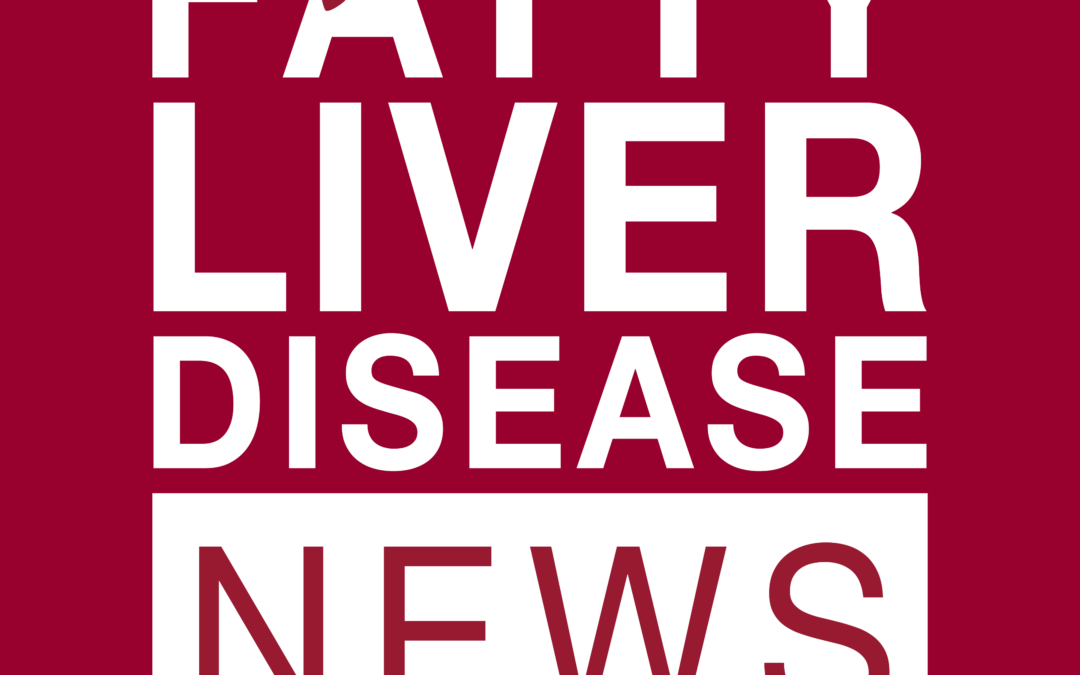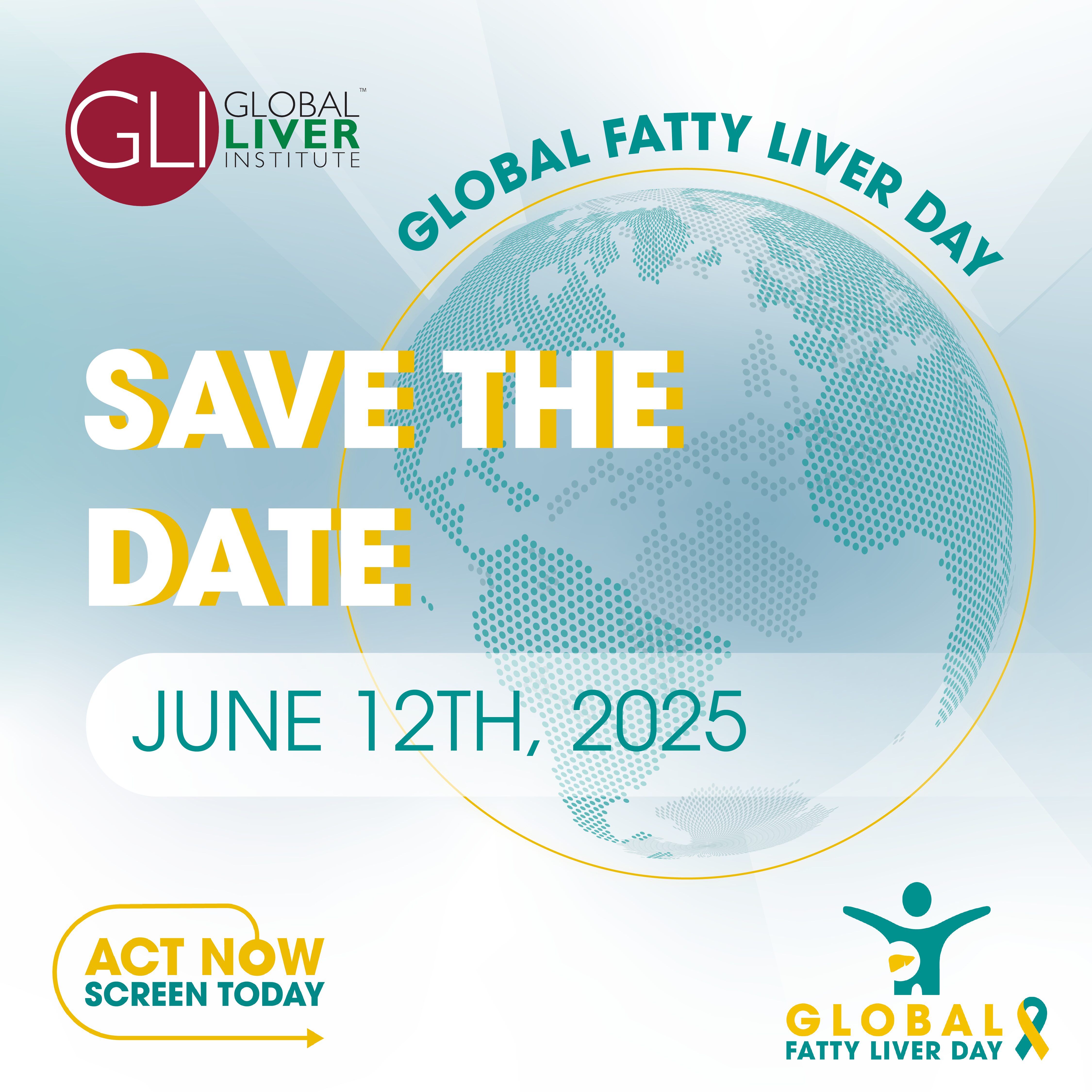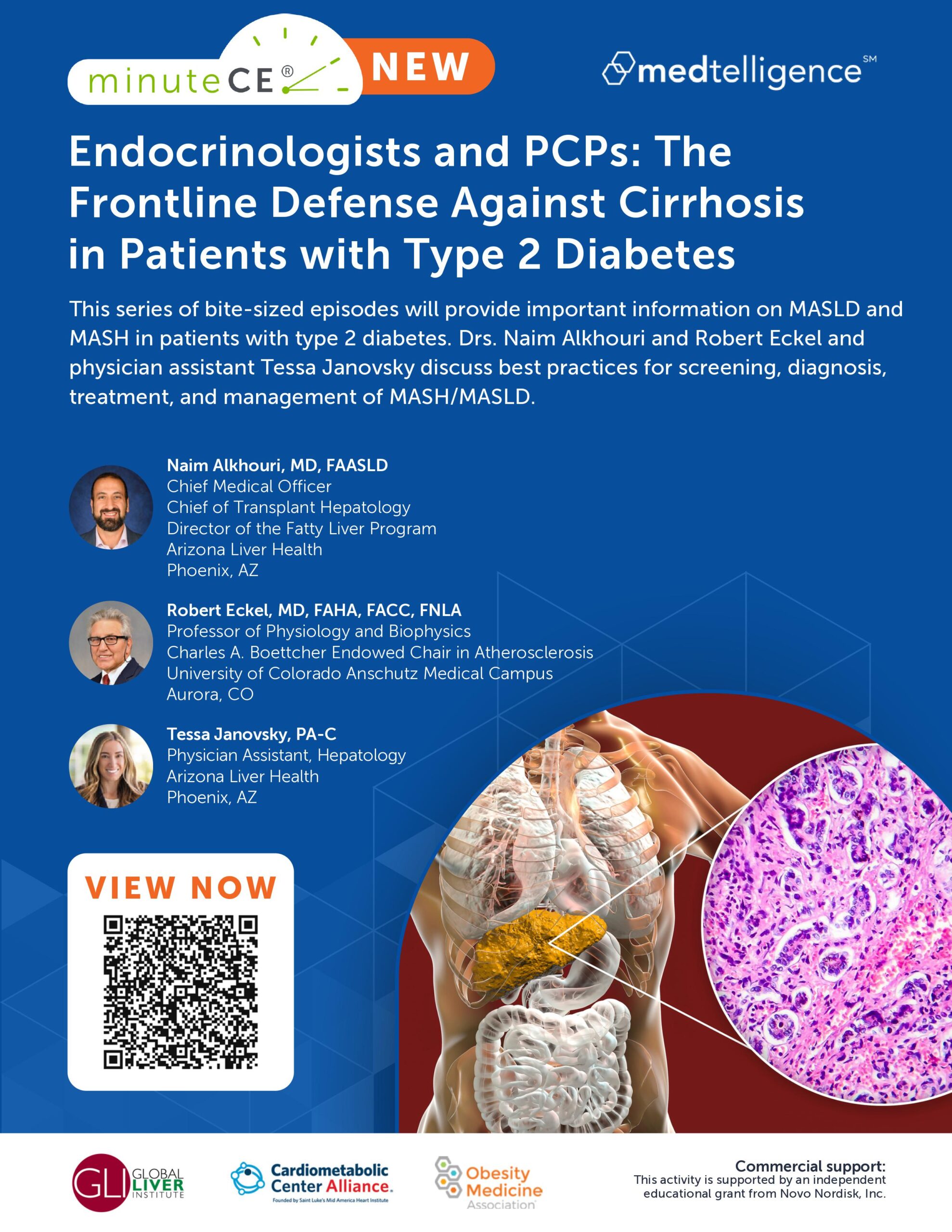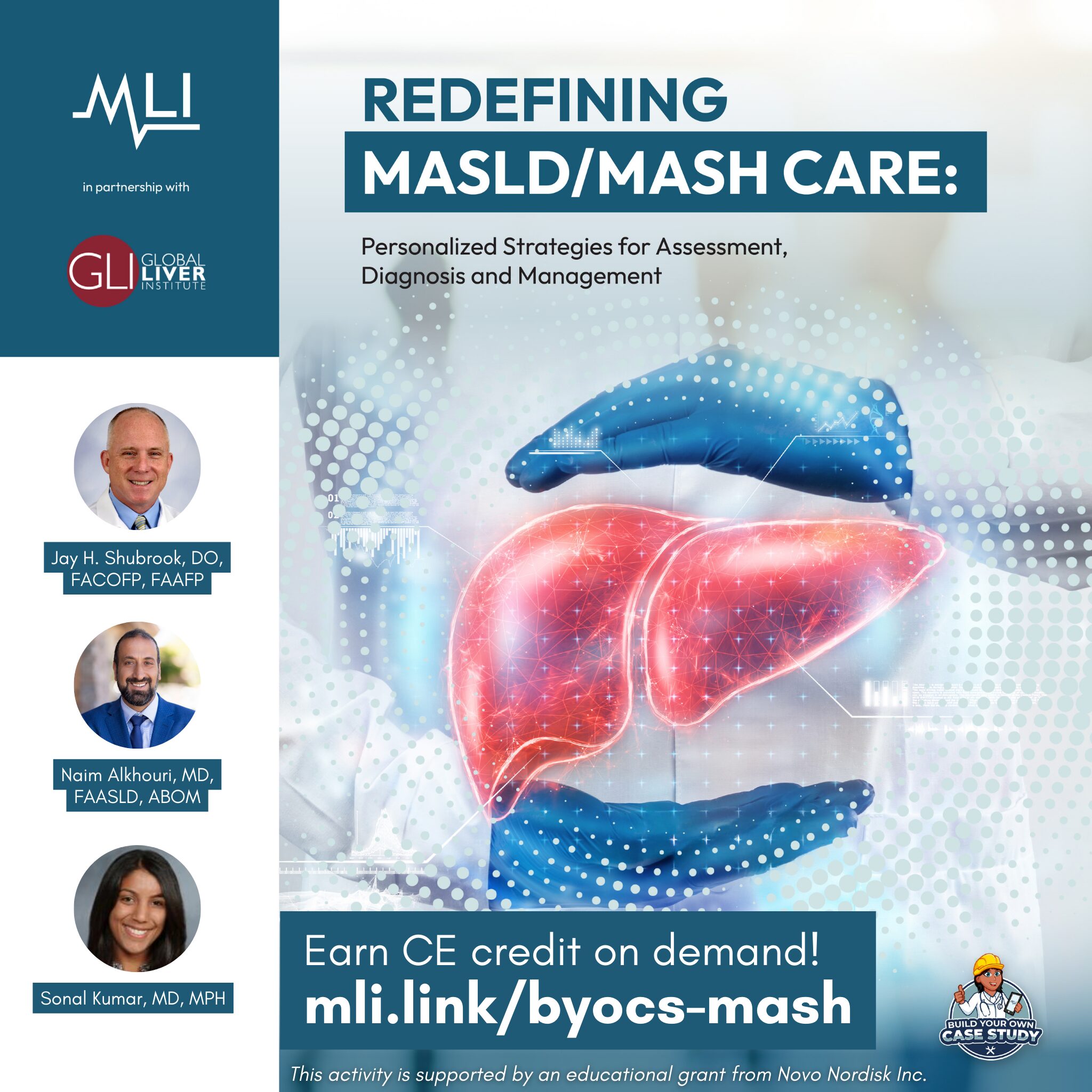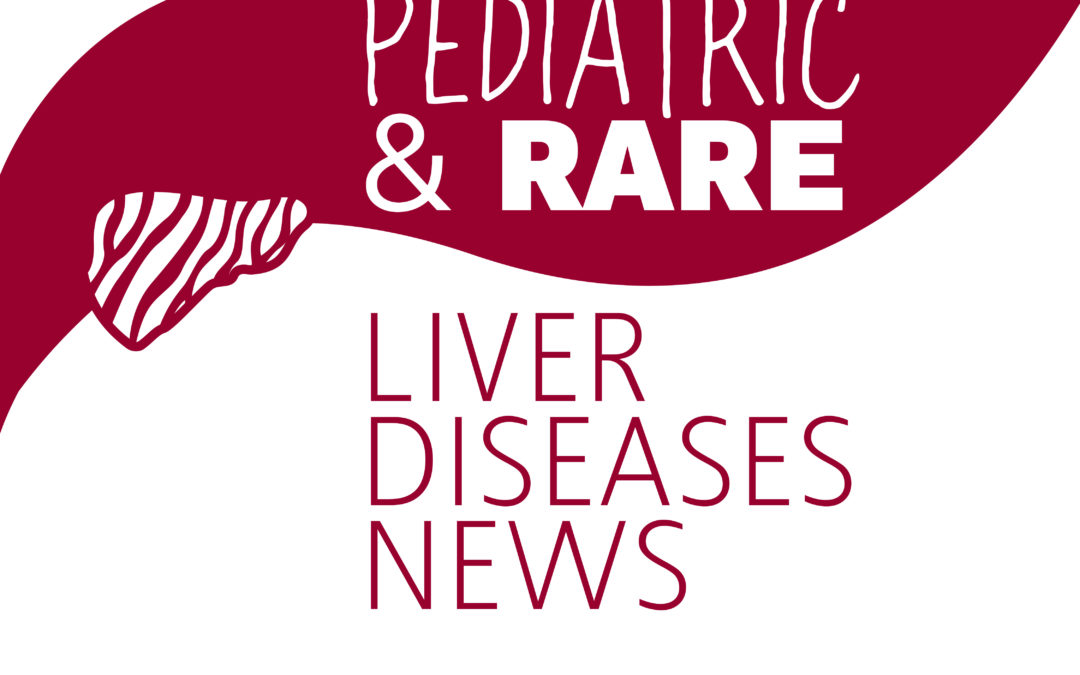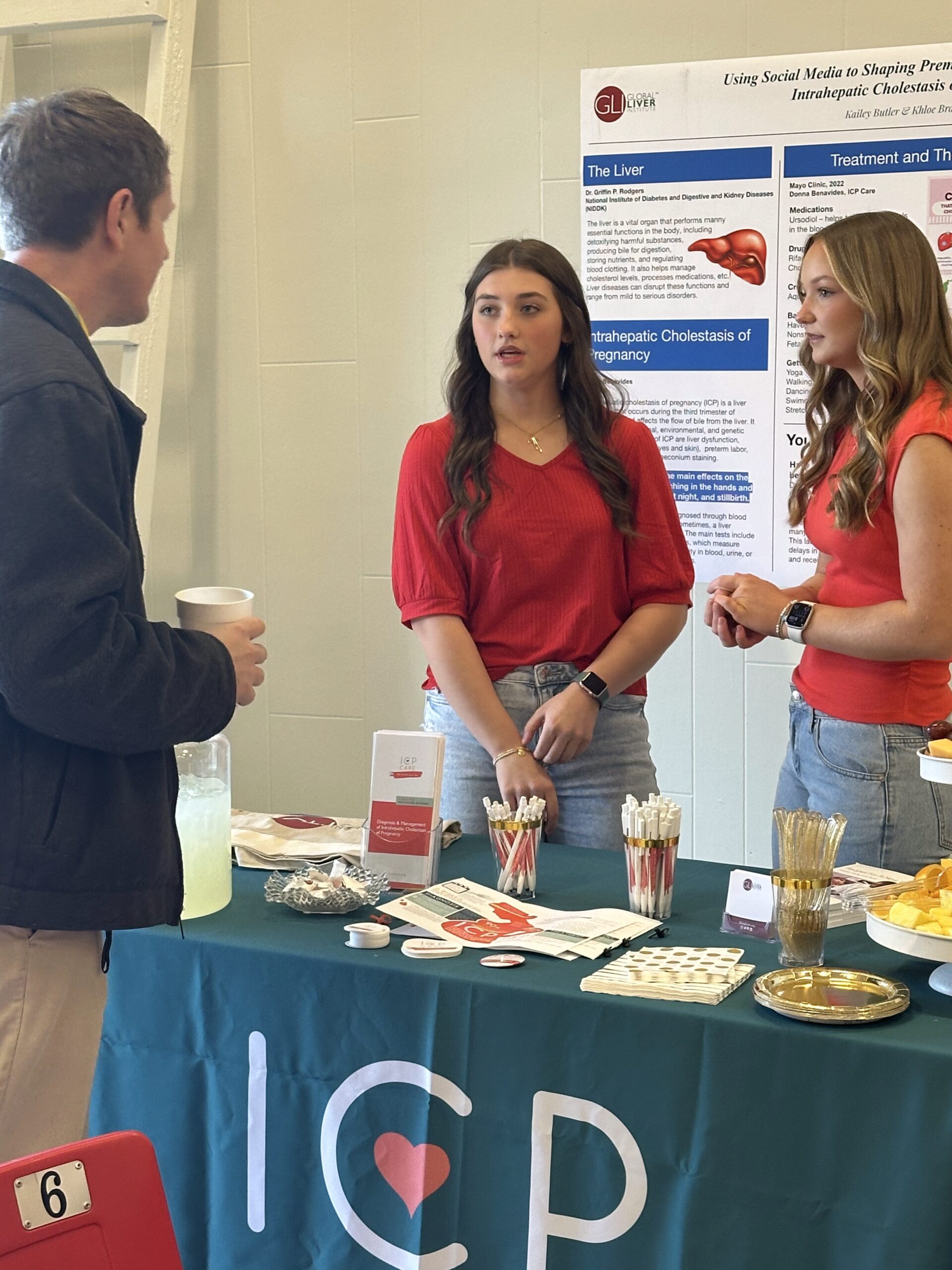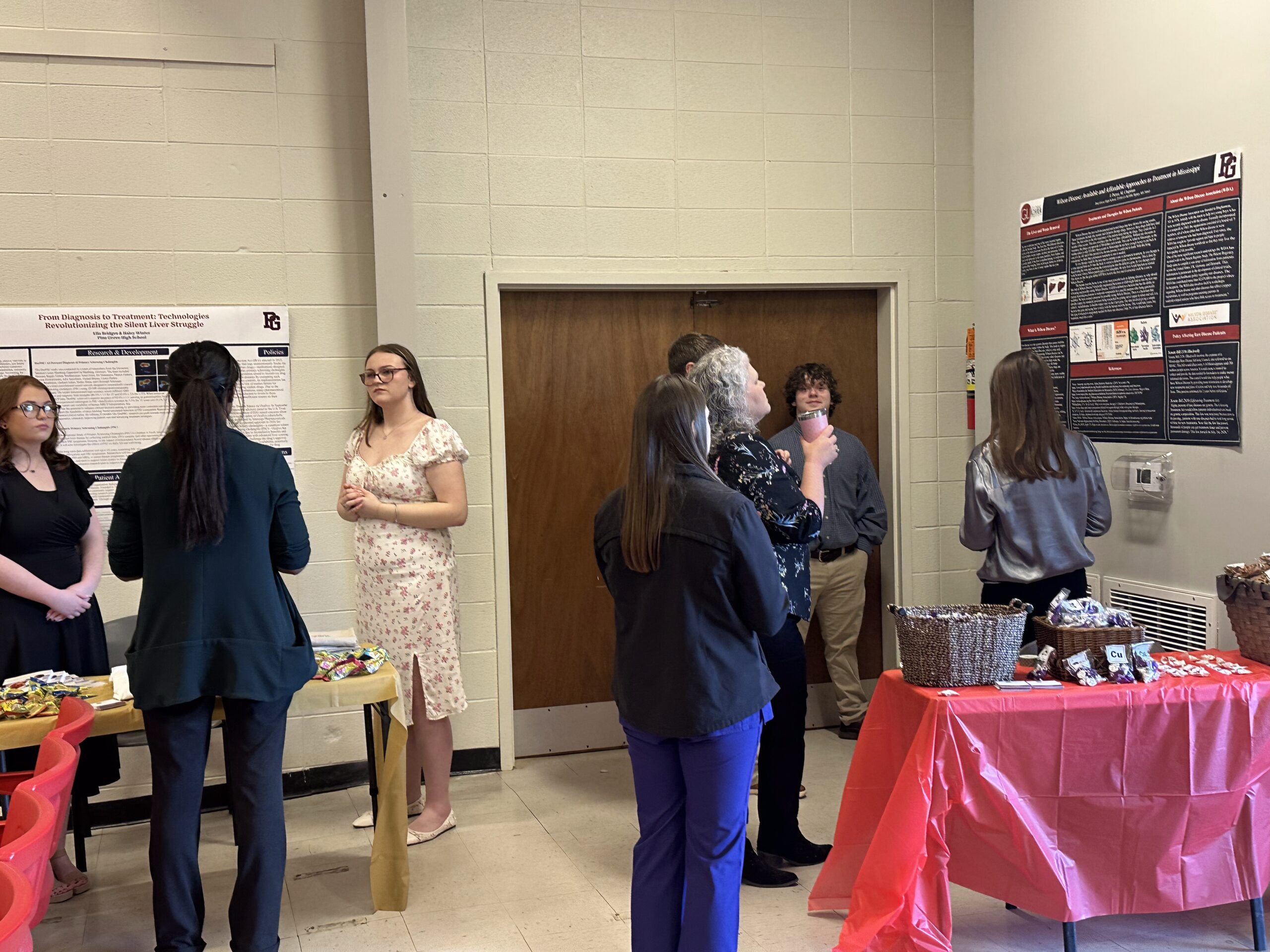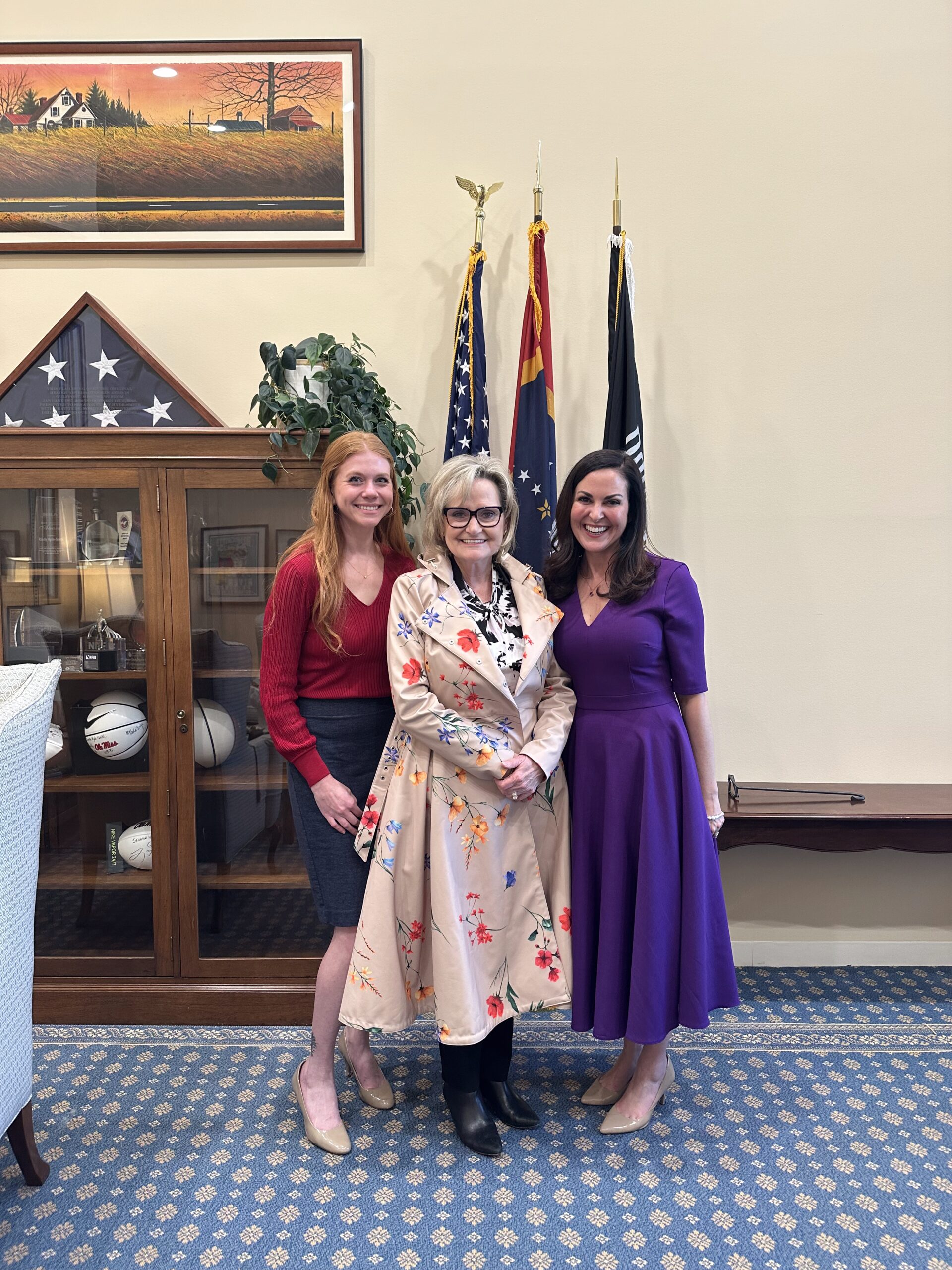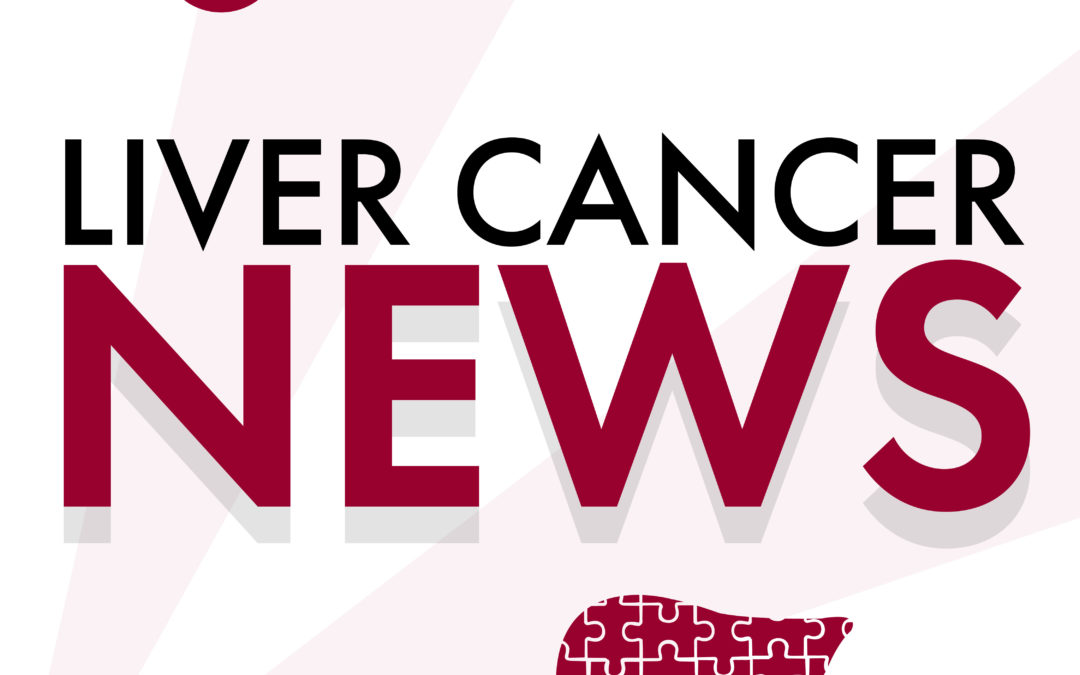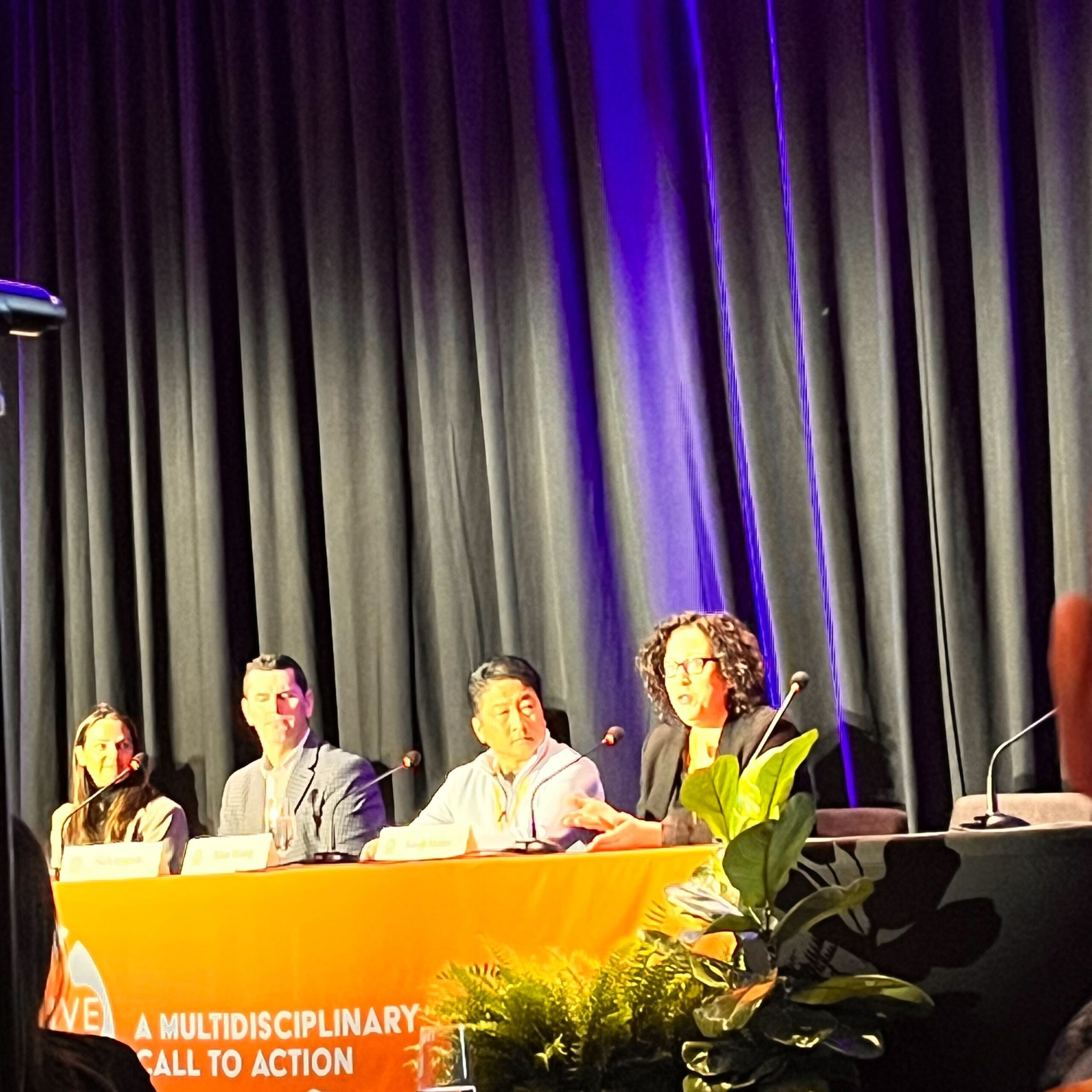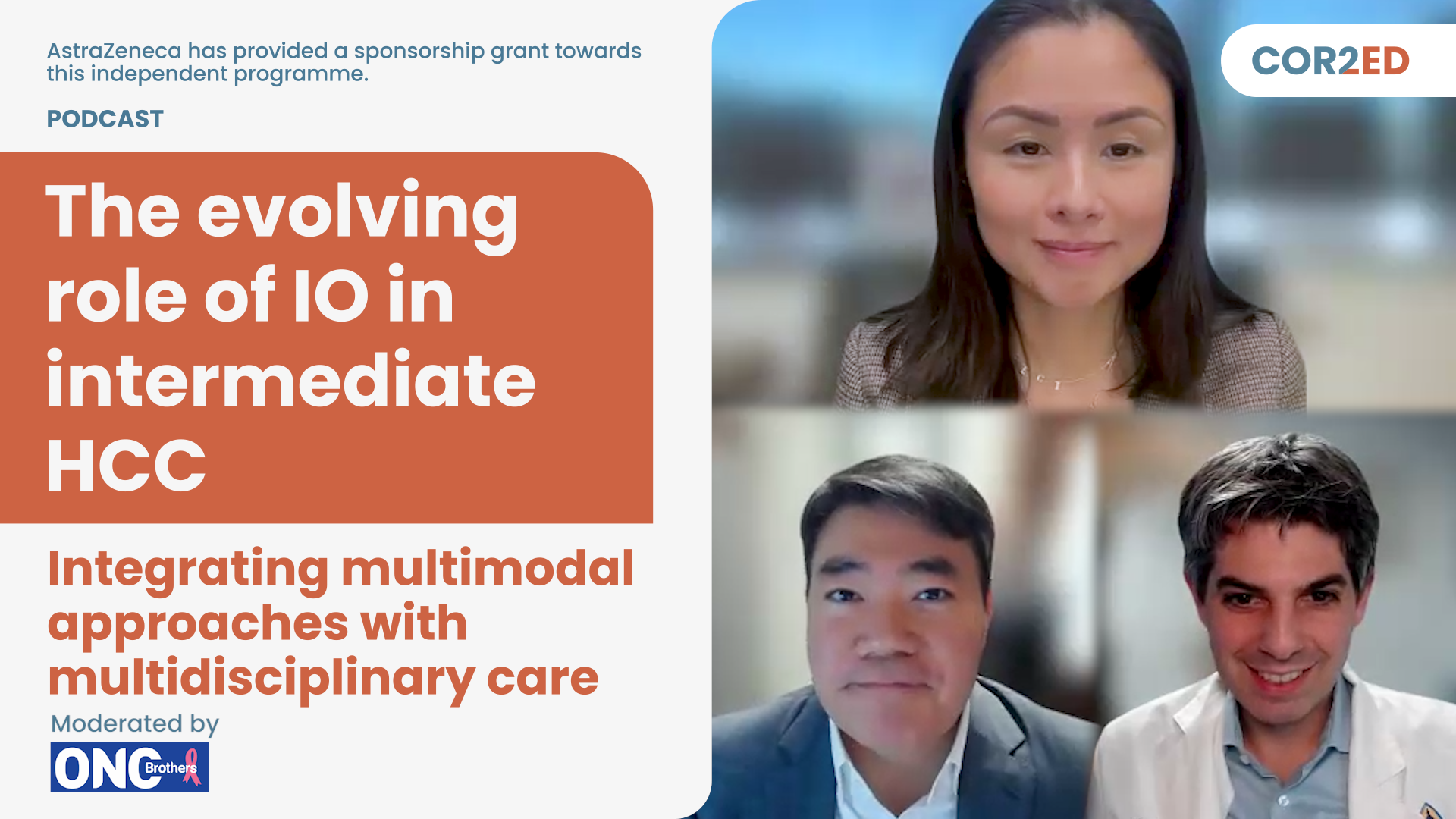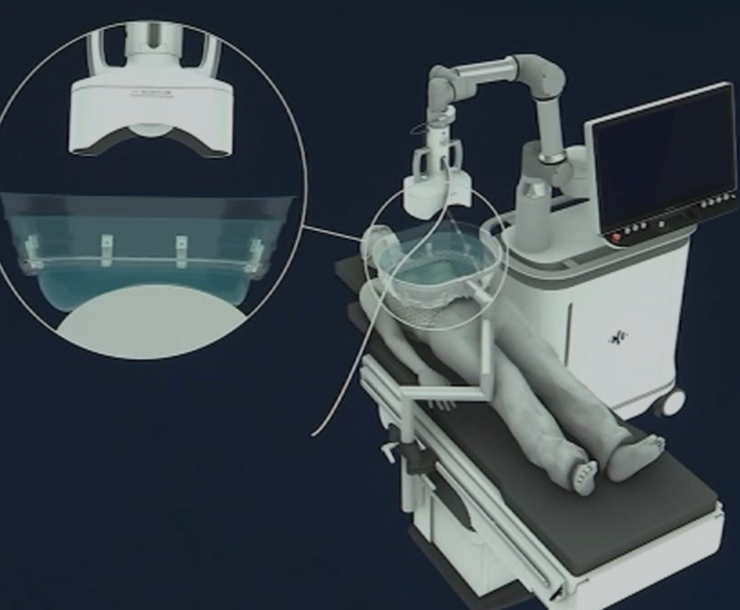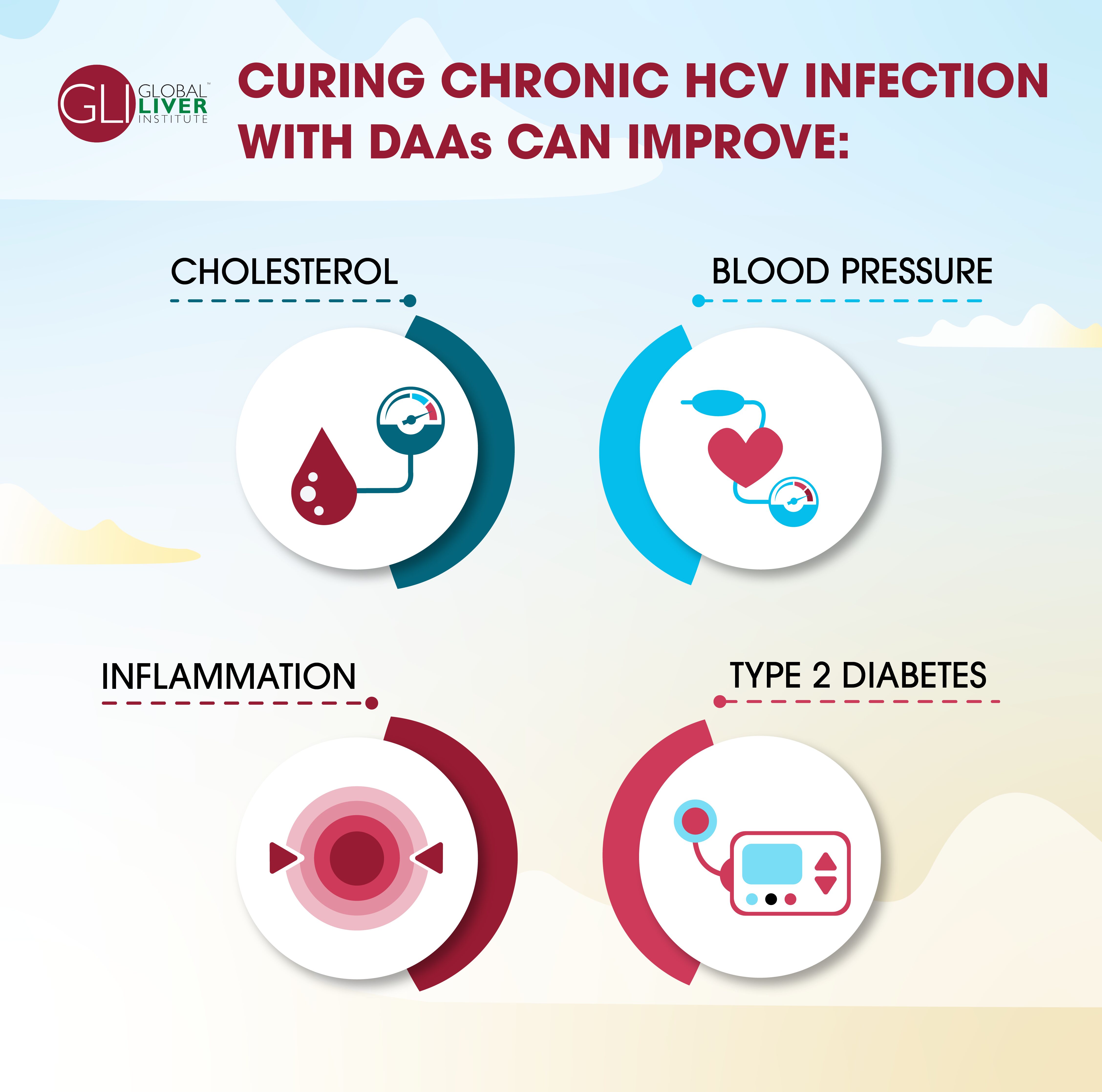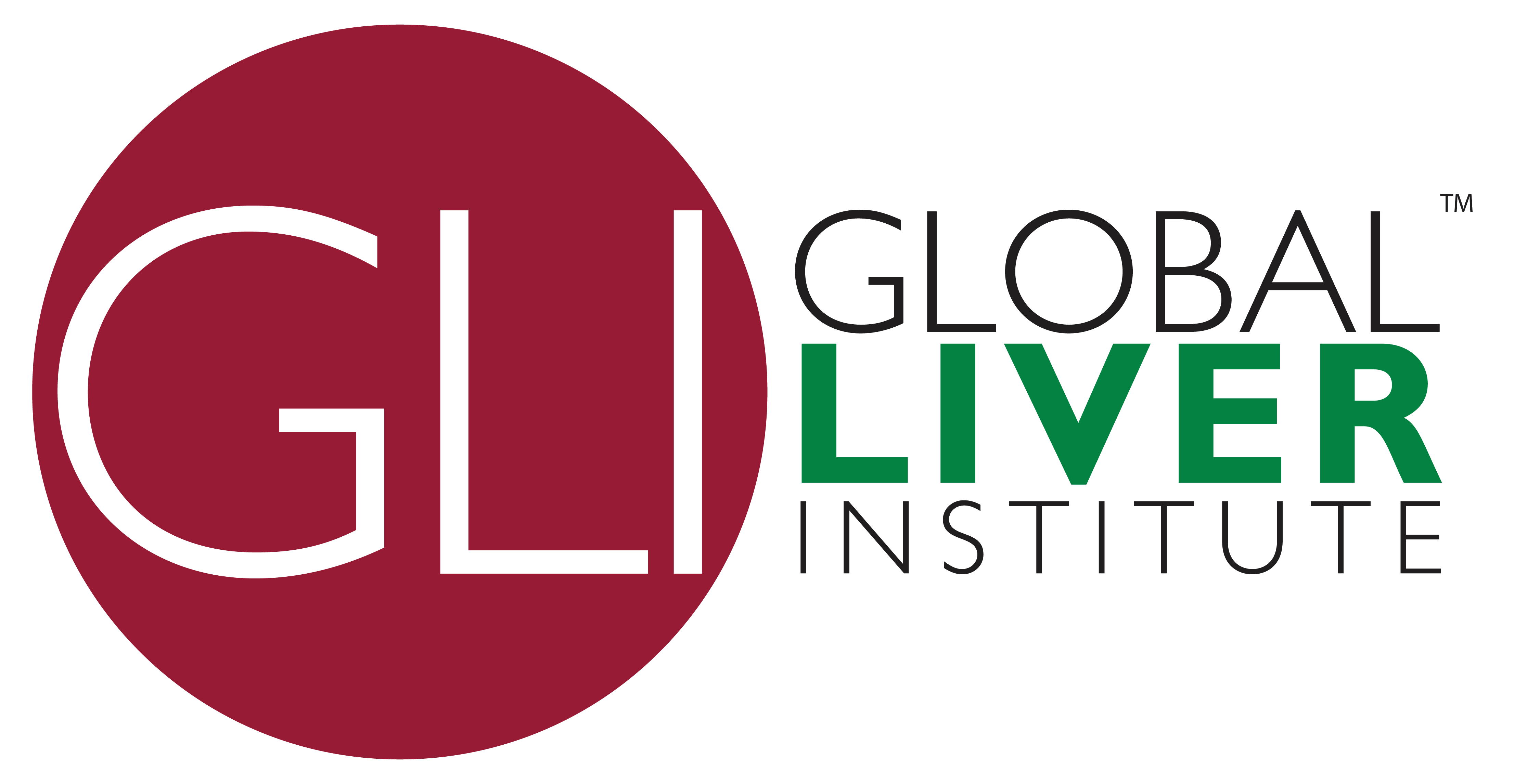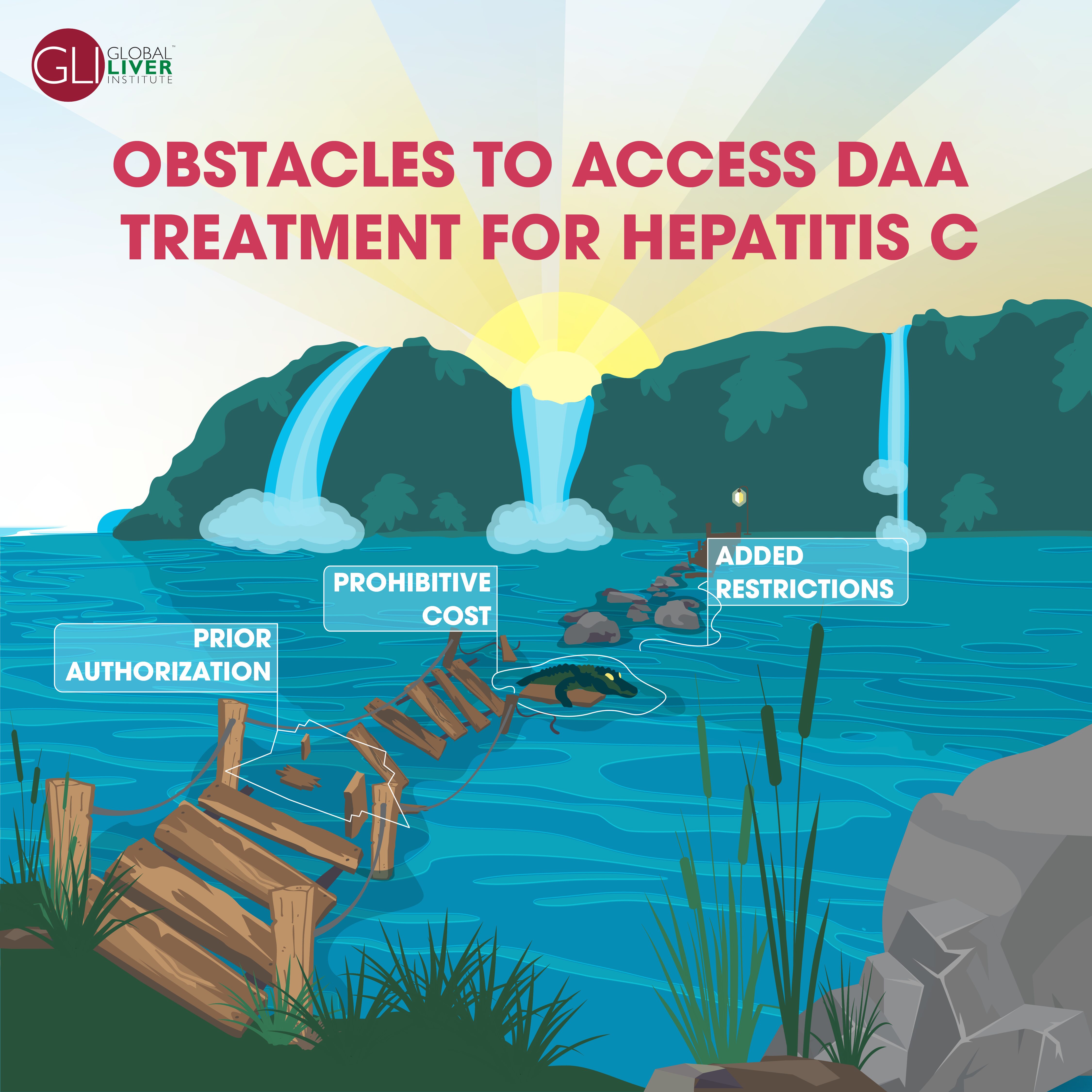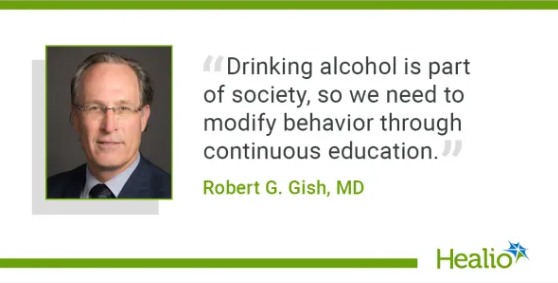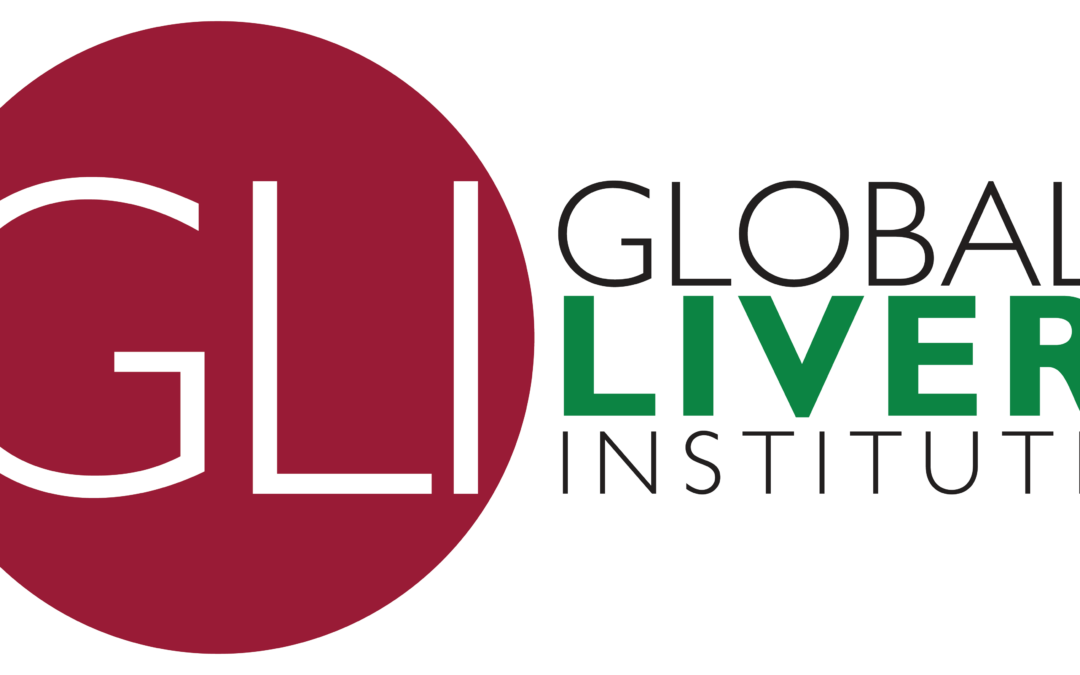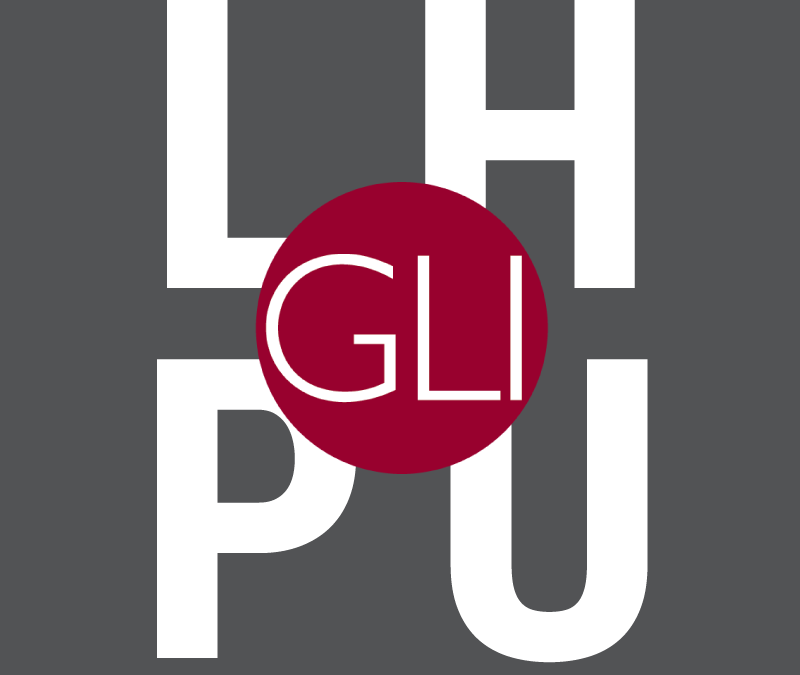
Congress grapples with budget and appropriations while the administration eliminates funding for health programs and terminates federal employees. – Liver Health Policy Update

Congress grapples with budget and appropriations while the administration eliminates funding for health programs and terminates federal employees.
The situation in Congress remains unclear as the House budget resolution calls for possible significant Medicaid cuts, while the Senate attempts to steer clear of policies reducing Medicaid and/or Medicare benefits.
Action Alert: Protect Medical Research Funding at the US Department of Defense
Each year as part of Congressionally Directed Medical Research Programs, the US Department of Defense supports medical research that will benefit Service members, their families, and the American public. These programs have funded innovative basic, applied, translational, and clinical research on several topics related to liver disease. The Peer Reviewed Cancer Research Program, for instance supports research into all cancers, including liver cancer.
We have recently learned that if Congress passes a long-term Continuing Resolution to fund Fiscal Year 2025, the DoD Secretary Hegseth plans to reallocate all of the money for these research programs into the Operations and Management account – leaving $0 for medical research funding for FY 2025.
We have prepared editable language for you to reach out to your legislators and include specific language in any upcoming legislation to protect this key resource for liver-related research funding.
Executive Order Creating MAHA Commission Highlights Fatty Liver Disease
The Executive Order (EO) that created the Make America Healthy Again Commission called for the production of a strategy, based on the findings of an assessment, to improve the health of America’s children. The EO stated, “18% of teens suffer from fatty liver disease, nearly 30% are prediabetic, and more than 40% are overweight or obese – these conditions were virtually unheard of in prior generations.” As part of the commission’s work, the EO calls for holding public hearings, meetings, roundtables, and similar events to receive expert input from leaders in public health. GLI looks forward to sharing recommendations with the Commission on strategies to prevent liver disease, the progression of liver disease to liver cancer, and complications of liver disease and liver cancer.
Congress Must Take Action to Keep Government Funded
The current Continuing Resolution (CR) keeping the government funded expires on March 15, raising concerns about a possible government shutdown. In light of federal employee terminations and funding freezes impacting NIH research and other programs, Democrats continue to push for language restricting the so-called Department of Government Efficiency (DOGE), as well as mandating that the Trump administration spend appropriated funds. The prospects for passing additional health priorities are dwindling. Nevertheless, advocates continue to push for pharmacy benefit manager (PBM) reforms and the Safe Step Act, a Pediatric Rare Disease Priority Review Voucher (PRV) Program extension, the Medicare Multi-Cancer Early Detection and Screening Act (MCED), Medicare Telehealth Flexibilities, and the ORPHAN Cures Act.
House Budget Resolution Passed, Medicaid Cuts May be on Agenda
The House adopted their budget resolution on a mostly party-line vote. It tasked the committee that oversees Medicaid and Medicare, the Energy and Commerce Committee, with cutting $880 billion, meaning Republicans will almost certainly have to find ways to curtail federal spending on those programs. One option supported by Republicans would be to require approximately 36 million Medicaid adults to prove they work or file paperwork for exemptions. On Feb. 26, the House Subcommittee on Health held a hearing during which bipartisan support for pharmacy benefit manager (PBM) reforms, especially related to formulary decisions and access to care, was clear. Democrats shared immense concerns surrounding potential cuts to Medicaid given the budget resolution. Republican members tried to assure Democrats that Medicaid, Medicare, and Social Security would not be targeted in budget cuts. It is not clear where the committee will otherwise find $880 billion in savings. The Senate has indicated bipartisan concerns with the House budget. GLI is urging Congress to protect Medicaid and Medicare. View more information here from our partners at Modern Medicaid Alliance.
Tracking Trump 2.0 Administration Appointees
President Donald Trump has selected Cabinet-level officials for his administration. GLI is monitoring the Senate’s confirmation process closely. Here are his picks in the healthcare arena:
- HHS: Robert F. Kennedy Jr. (Confirmed)
- CMS: Dr. Mehmet Oz (Senate Committee on Finance, March 14th at 10 AM ET)
- CDC: Dr. Dave Weldon (Senate HELP Committee, March 13th at 10:00 AM ET)
- FDA: Dr. Martin Mackary (Hearing was held on March 6)
- NIH: Dr. Jay Bhattacharya (Hearing was held on March 5)
- Surgeon General: Dr. Janette Nesheiwat (TBD)
- VA: Former Rep. Doug Collins (Confirmed)
- Attorney General: Pam Bondi (Confirmed)
GLI Opposes Federal Program Funding Freeze
GLI and other cancer advocates signed an open letter opposing recent executive actions to freeze funding for health care programs and research, highlighting the impact on progress in the fight against cancer today and for years to come. The letter stated, “Cuts to our nation’s health and research infrastructure funding and widespread layoffs at the National Institutes of Health, including the National Cancer Institute, the Centers for Disease Control and Prevention, and the Food and Drug Administration will have a devastating impact on the more than 2 million people who will be diagnosed with cancer this year alone.” View the letter here.
GLI Joins Rare Disease Week!
This multi-day event, hosted by the Rare Disease Legislative Advocates (a program of the EveryLife Foundation for Rare Diseases), brings together rare disease advocates from across the country to make their voices heard by their Members of Congress. Participants are educated on policy proposals impacting the rare disease community and provided opportunities to advocate for policy changes directly to their Members of Congress. GLI’s representatives emphasized the need for Congress to pass the ORPHAN Cures Act, bipartisan legislation that would maintain existing incentives and boost research into new treatments for the 30 million Americans currently suffering from one of more than 7,000 rare diseases. GLI also emphasized the need for Congressional action to reintroduce and pass the Medical Nutrition Equity Act, ensuring coverage of medical foods. GLI encouraged Congress not to cut essential health benefits provided to beneficiaries under Medicare and Medicaid as part of the budget reconciliation process being currently debated.
GLI Joins Amicus Brief to Protect Coverage of Preventive Services
GLI, along with 19 HIV and hepatitis organizations, filed an amicus brief with the U.S Supreme Court in support of the U.S. government’s position in Kennedy v. Braidwood Management, which challenges the ACA’s preventive services coverage requirement. The 20 non-profit organizations include national and state groups from around the country that promote access to and carry out HIV and hepatitis testing along with PrEP for the prevention of HIV. GLI was pleased to learn that the Trump administration is continuing to defend the law as we fight for coverage of preventive services in healthcare as recommended by the U.S. Preventive Services Task Force.
Judge Blocks Trump Administration’s Mass Layoffs As Federal Workforce Cuts Advance
A federal judge ruled that the Trump administration’s mass firing of probationary government workers was likely illegal, ordering the Office of Personnel Management (OPM) to rescind directives that led to the layoffs. The ruling comes as the Trump administration moves forward with its largest round of federal workforce reductions yet, following a February 13 executive order (EO) directing agencies to prepare for large-scale reductions in force (RIFs). GLI is very concerned about the impact of reduced staffing on federal health care programs and research.
GLI Supports High Quality Access to Anti-Obesity Medications
GLI strongly supports the CMS proposed rule to permit coverage of anti-obesity medications (AOMs) for weight loss when treating obesity. View GLI’s comments here. Additionally, GLI looks forward to the reintroduction of the Treat and Reduce Obesity Act (TROA) which would advance coverage of drugs treating obesity as well as improved access to intensive behavioral therapy.
AASLD Joins GLI in Pushing Veteran Access to Care for MASH/NASH
U.S. Veterans continue to be denied coverage for metabolic dysfunction-associated steatohepatitis (MASH), formerly known as nonalcoholic steatohepatitis (NASH), treatment without a biopsy. GLI has also expressed concerns that Veterans’ care is delayed due to the VA’s Criteria for Use to receive “comprehensive lifestyle intervention” for 6 months before being eligible for treatment. The VA’s decision is contrary to the label from the Food and Drug Administration and clinical guidelines. As part of GLI’s Beyond the Biopsy initiative, GLI and its partners sent a letter to the VA. Most recently, GLI and AASLD sent a follow-up letter to the VA calling for coverage consistent with clinical guidelines. We continue to encourage signatures here on a petition to all payers calling for coverage without biopsy!
CMS Announces Public Engagement Events For Second Round Of IRA Negotiations
Recently, the Centers for Medicare & Medicaid Services (CMS) announced a series of public engagement events as part of the Medicare Drug Price Negotiation Program, inviting patients, caregivers, clinicians, researchers, and other stakeholders to share input on the drugs selected for the second round of negotiation, including drugs to treat obesity as well as one to treat hepatic encephalopathy. From April 16 to April 29, CMS will hold 15 private, patient-focused roundtable discussions for each selected drug, open only to patients, patient advocacy organizations, and caregivers who register by March 12 and are selected to speak. Additionally, CMS will host a livestreamed town hall meeting on April 30, which will be open to the public and focused on clinical considerations for all selected drugs. For more details, visit CMS’ public engagement page.

